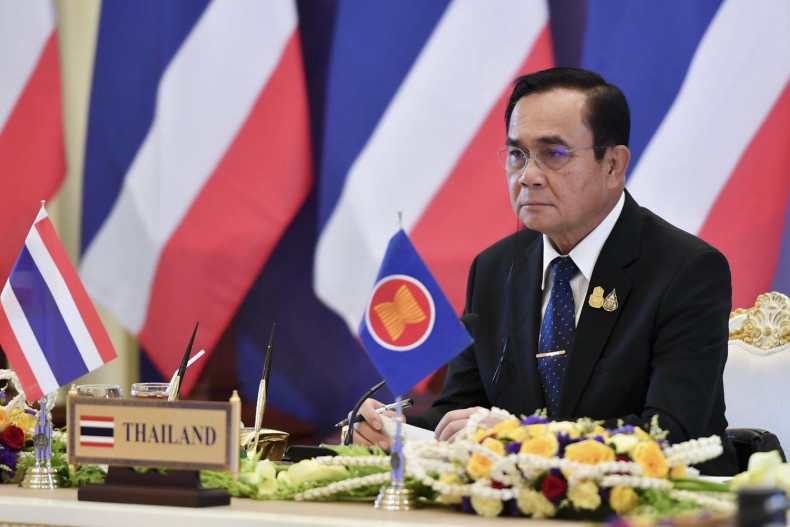Thailand has been advised to team up with its ASEAN counterparts to strengthen its position in trade negotiations with the United States, particularly under the newly reinstated Trump administration. According to Danucha Pichayanan, secretary-general of the National Economic and Social Development Council (NESDC), Thailand lacks the individual bargaining power needed to secure favorable trade terms.
The Case for ASEAN Unity
Speaking on Monday, Danucha emphasized the strategic importance of collective action among ASEAN nations. He noted that the Trump administration is expected to raise import tariffs on countries with trade surpluses before opening trade discussions, putting Thailand at a disadvantage if it acts alone.
“Thailand’s chances of achieving lower tariffs would significantly improve if it negotiates alongside other ASEAN members,” Danucha explained. He urged the region to unify, laying the groundwork for coordinated negotiations that leverage ASEAN’s collective economic clout.
Addressing US Tariff Concerns
Danucha also raised concerns about potential penalties stemming from Chinese companies relocating production to Thailand to bypass US tariffs on Chinese goods. Such practices could make Thailand vulnerable to additional penalties from the US.
To mitigate this risk, he proposed that Thailand’s Board of Investment (BOI) encourage Chinese firms in targeted industries to establish genuine partnerships with Thai businesses. These collaborations would signal authentic investment intentions and reduce suspicions of tariff evasion.
A Regional Approach to Investment
Currently, many Chinese companies circumvent US tariffs by registering entities in Singapore before investing in Thailand. Danucha warned that these tactics are easily detectable by US authorities and could invite retaliatory tariffs on Thailand.
To counter this, he suggested that the BOI offer incentives to Chinese companies that partner with Thai firms when establishing operations. Such partnerships would reinforce Thailand’s credibility as a legitimate investment destination and provide a more stable framework for economic cooperation.
A Path Forward
Danucha concluded by highlighting the importance of detailed planning and collective strategy among ASEAN nations. By uniting under a common agenda, ASEAN could negotiate from a position of strength, addressing tariff issues while fostering long-term economic partnerships with the US.
![]()

s2ind3
g1kxyc